What is raising children in body, mind and wisdom?
On the morning of July 26, the educational forum "Nurturing Body - Mind - Wisdom to help children stand firm in the 21st century" took place, focusing on discussing solutions for comprehensive child rearing in the context of a rapidly changing world .
Prof. Dr. Dinh Xuan Anh Tuan, Head of the Department of Internal Medicine and Respiratory Medicine, Cochin Hospital (Paris, France), emphasized that for a person to develop comprehensively, especially in adolescence, the three factors "body - mind - wisdom" need to be nurtured in parallel, inseparable from each other.
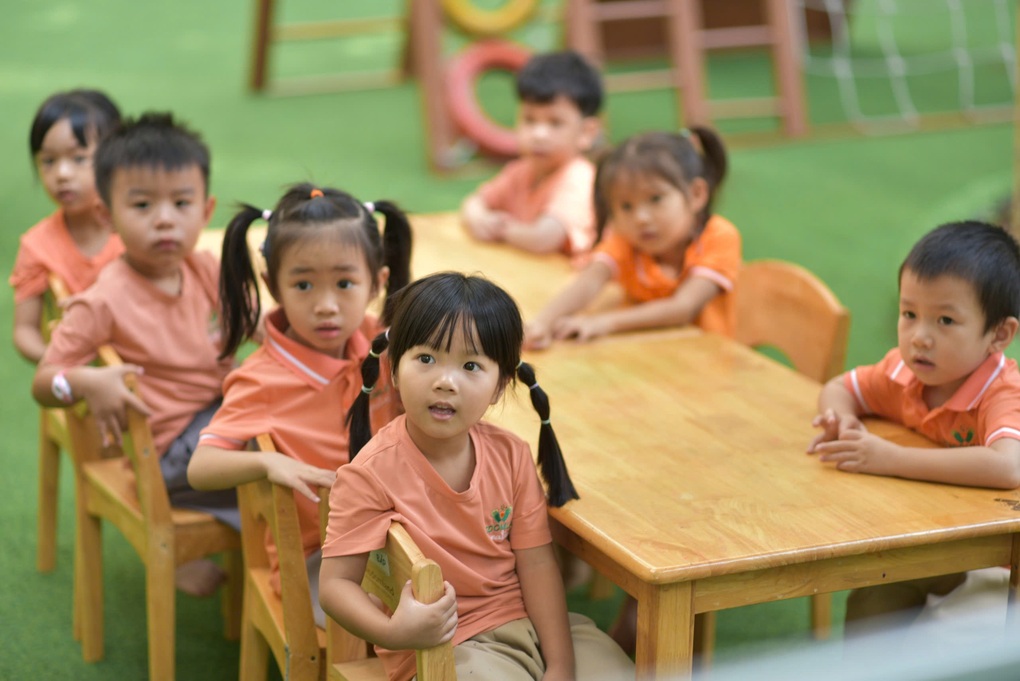
Currently, preschool education still focuses a lot on basic knowledge, without investing appropriately in developing capacity and qualities (Photo: BTC).
He likened adolescence to a “green field”, full of potential but also very vulnerable if not properly cared for. Children at this age not only need physical care (body) but also need to be guided to develop their thinking, perception (mind) and inner emotions (heart).
According to Professor Tuan, developing "intelligence" is not simply about studying well or knowing a lot of knowledge, but the ability to ask questions and find the most suitable answers in all situations of life, from studying, scientific research to daily communication and behavioral situations.
When intelligence is properly trained, it leads to “wisdom” – not just understanding, but also altruism, empathy, and the ability to live in harmony with others.
Not only applicable to children, Professor Tuan believes that the principle of "body - mind - wisdom" is also extremely necessary for adults in the journey to maintain physical health, mental clarity and peace of mind.
Mistakes in child care
Sharing at the forum, Dr. Nguyen Tri Doan said that currently, the world has discovered more than 200 types of viruses that cause respiratory diseases, especially in children. On average, children get colds, runny noses, and fevers caused by viruses 8-10 times a year, and can even be up to 12-15 times. Therefore, children need to build a good immune system to develop healthily.
The best way to build immunity for children is to eat well, get enough sleep and get full vaccinations.
Dr. Doan also emphasized that currently, the information spread against vaccination is mostly fake or unfounded. Regular, on-schedule vaccination, including booster shots, is essential, especially in the first years of life.
In addition, parents should avoid using antibiotics indiscriminately to treat children.
“Currently, the rate of antibiotic use in children in Vietnam for respiratory diseases is very high (97%) compared to other countries.
When children get sick, parents need to ask the doctor if the cause is bacteria or virus to avoid using antibiotics for the wrong purpose, because antibiotics cannot treat viruses," Dr. Doan noted.

Doctor Tri Doan shared at the forum (Photo: Organizing Committee).
In addition, parents also need to understand that the purpose of giving children fever-reducing medicine is to help them feel more comfortable, rather than, as is commonly believed, to return their temperature to normal.
“Fever is a beneficial response of the immune system to produce antibodies and destroy pathogens. Parents should not panic when their children have a fever, only give them fever-reducing medicine when they are fussy or uncomfortable,” Dr. Doan emphasized.
According to Dr. Doan, nutrition is also one of the three pillars of children's health, playing an essential role in providing energy and nutrients for children's comprehensive development.
Sharing his perspective in Vietnam today, the doctor said that malnutrition and stunting are very rare, instead the problem of overweight and obesity is increasingly common.
Accordingly, children should only eat a variety of 4 groups of substances including sugar (starch), protein, fat, vegetables and fruits. In addition, children should only supplement milk in moderation with about 200-400ml of fresh milk/day.
In addition, parents should avoid coaxing or forcing children to eat. This can cause children to eat more than they need, leading to overweight and obesity in the long run.
In addition, Dr. Tri Doan also pointed out that the race to supplement micronutrients for children among many parents today is unnecessary.
“A normal child only needs vitamin D supplements, other micronutrients and vitamins are usually not necessary,” the doctor said.
Encourage children to be active outdoors
At the forum, experts also agreed that children need to maintain a healthy lifestyle as the foundation to help them develop comprehensively in terms of physical, mental and intellectual aspects.

Education experts discuss at the forum (Photo: Organizing Committee).
Accordingly, physical activity should be maintained daily, combined with a reasonable sleep schedule and minimizing exposure to electronic devices. Instead of spending a lot of time on phones or TV, children should be encouraged to play outdoors and explore nature. This is an effective natural learning and training method.
In addition, children’s mental health also needs to be carefully nurtured. Love and timely praise will help children be confident and constantly try their best.
Parents should teach their children basic social skills such as greeting, sharing and listening, helping them to integrate into the community. Respecting children's emotions and creating space for them to express their true feelings is essential for healthy psychological development.
In particular, stimulating creativity and critical thinking is an integral part of the educational process. Children learn best when guided by curiosity.
Instead of just teaching knowledge, parents should ask open-ended questions to help children think, debate and learn to find solutions for themselves. This is also an essential skill in a changing world.
In addition, education should not only revolve around grades. Instead of comparing children with friends or putting pressure on achievements, parents need to focus on their children's own progress.
The ultimate goal of education is to nurture citizens with good character, problem-solving skills, creativity and the inner strength to adapt to change.
In short, for children to develop comprehensively, a cooperative educational environment between family and school is needed. This will equip children with confidence, adaptability and a solid foundation for the future.
Source: https://dantri.com.vn/suc-khoe/chuyen-gia-chi-cach-cham-con-de-be-phat-trien-vung-vang-trong-the-ky-21-20250726164503910.htm


















![[Video] Hanoi Oncology Hospital receives Second Class Labor Medal](https://vphoto.vietnam.vn/thumb/402x226/vietnam/resource/IMAGE/2025/11/08/1762561557241_img-2021-9778-png.webp)











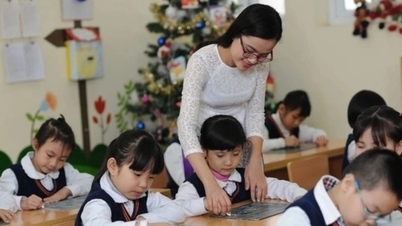


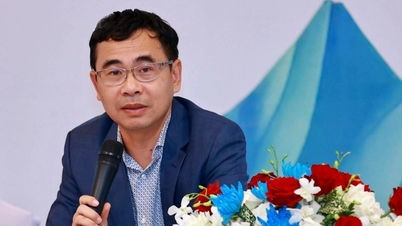
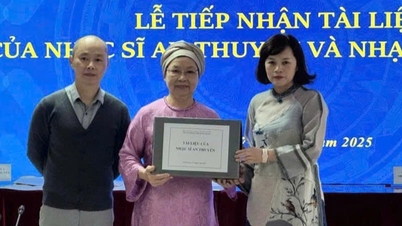

![[Photo] Da Nang: Hundreds of people join hands to clean up a vital tourist route after storm No. 13](https://vphoto.vietnam.vn/thumb/1200x675/vietnam/resource/IMAGE/2025/11/07/1762491638903_image-3-1353-jpg.webp)



















































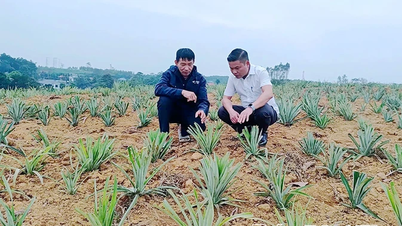
























Comment (0)